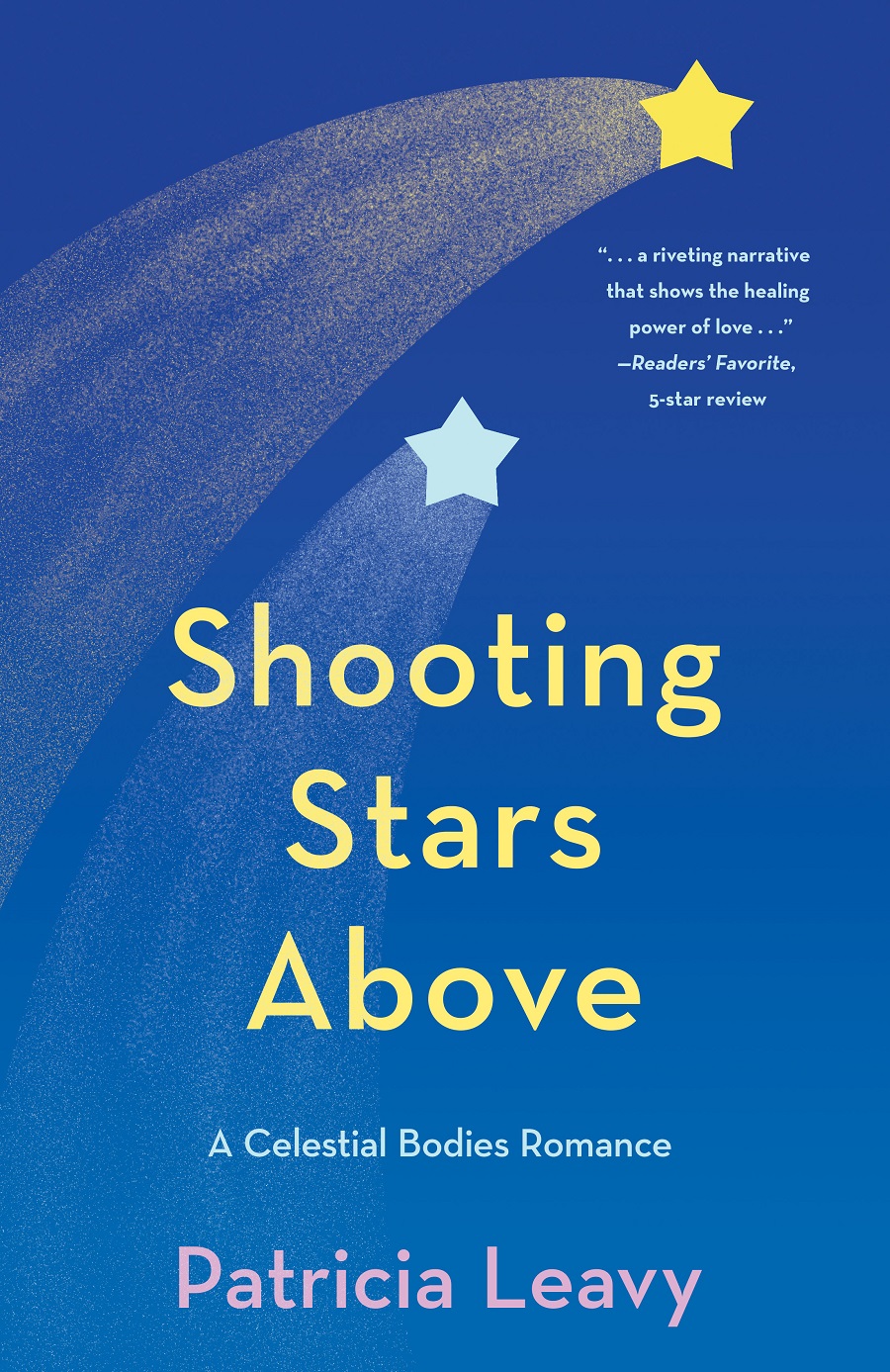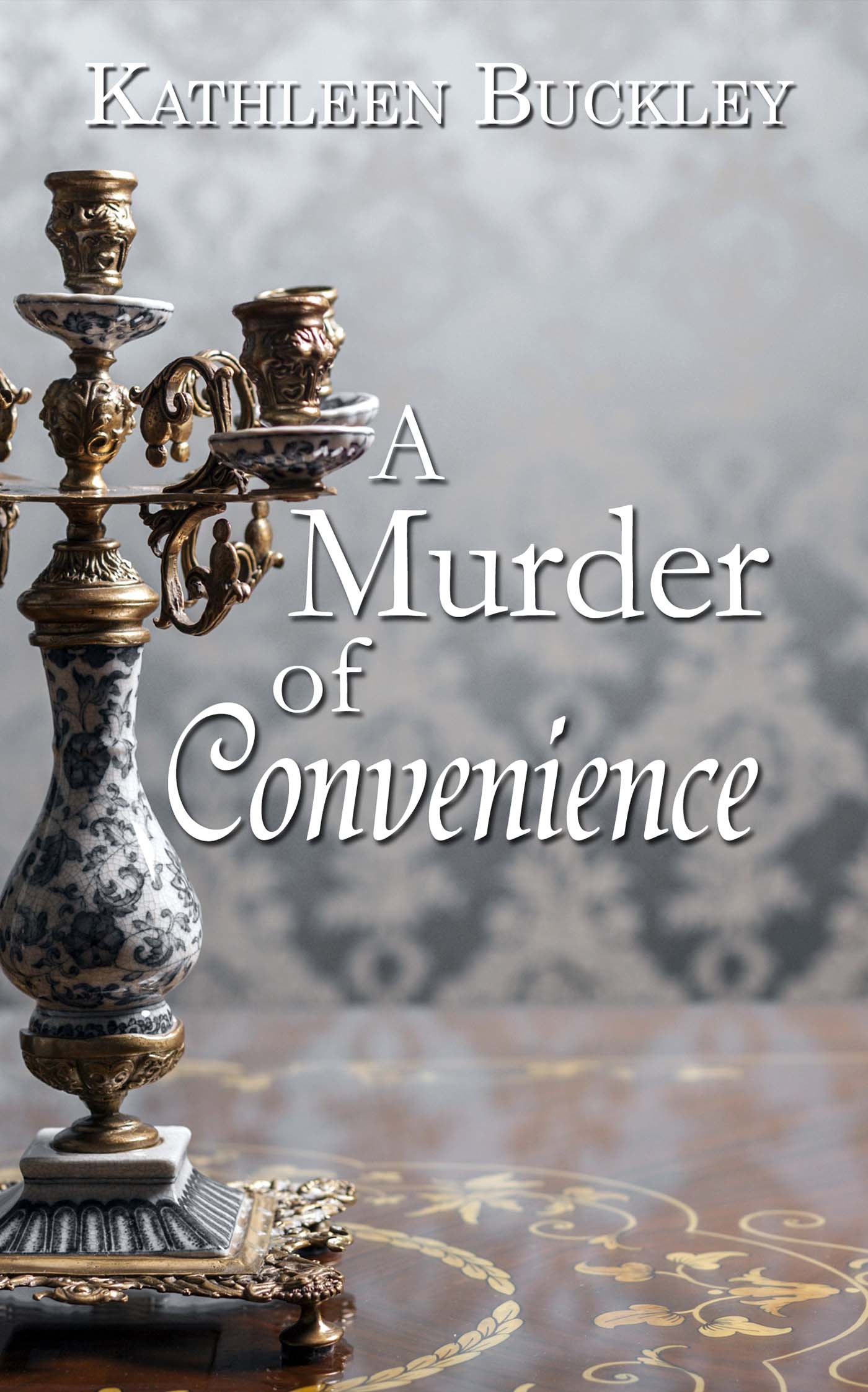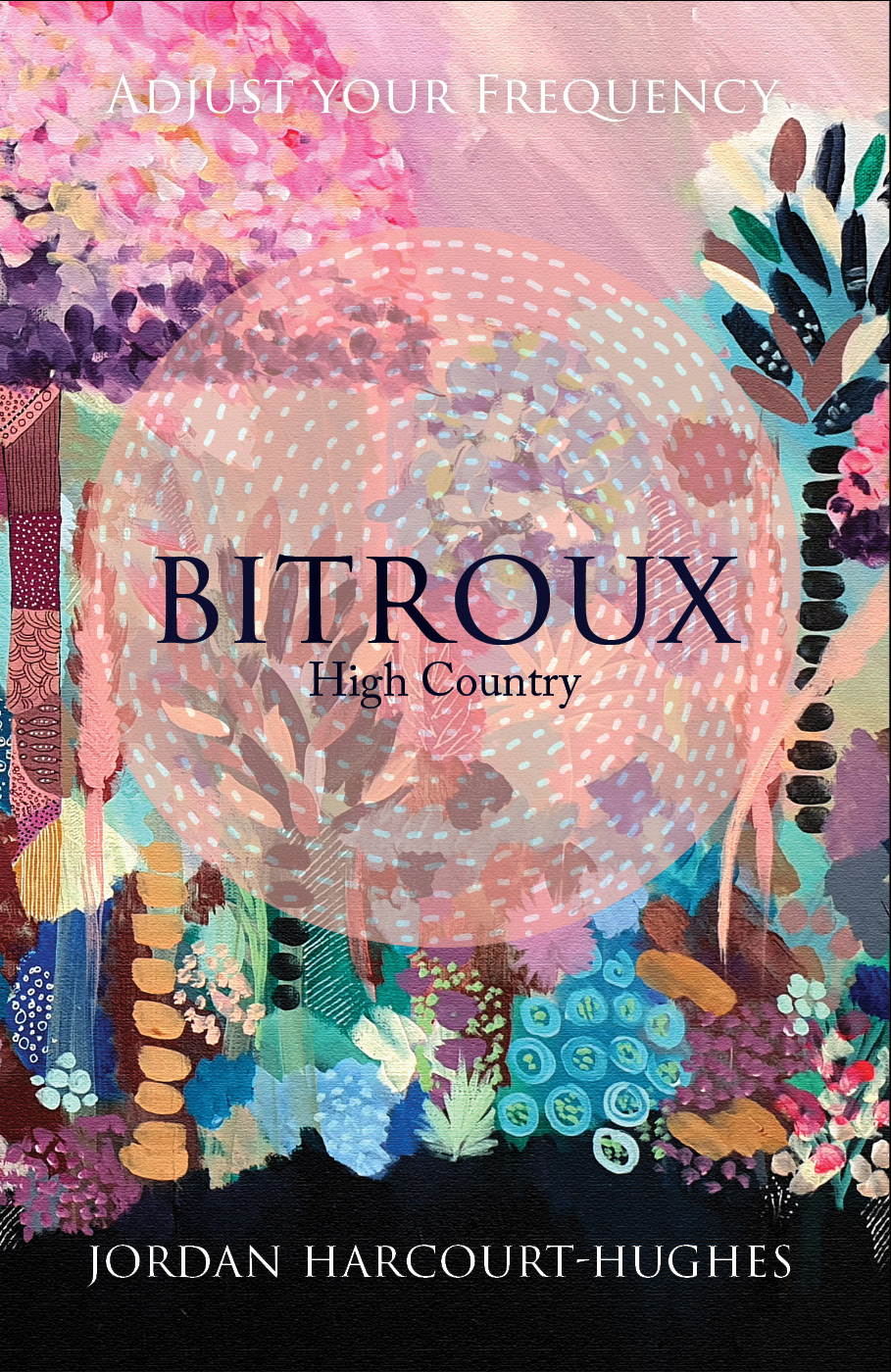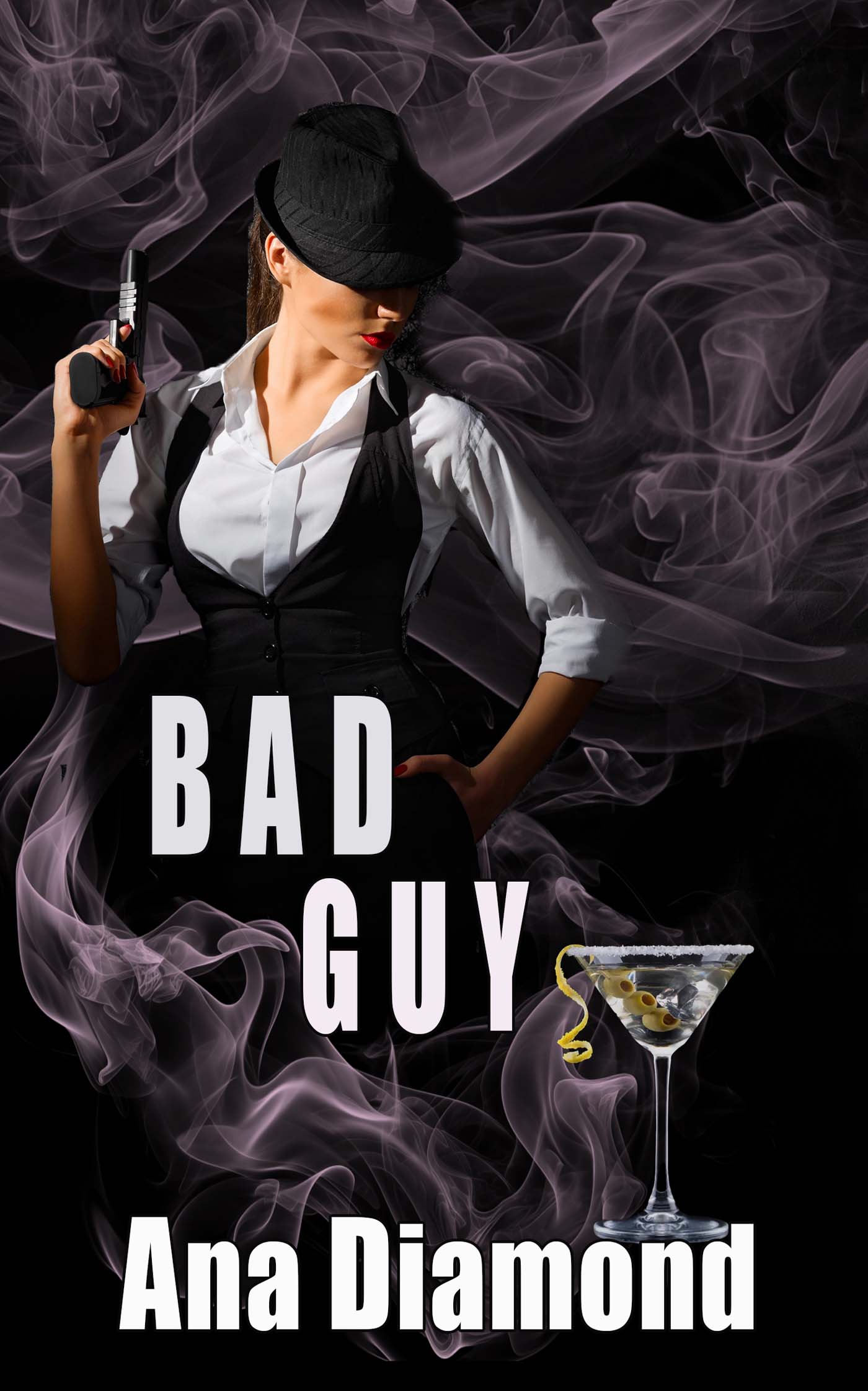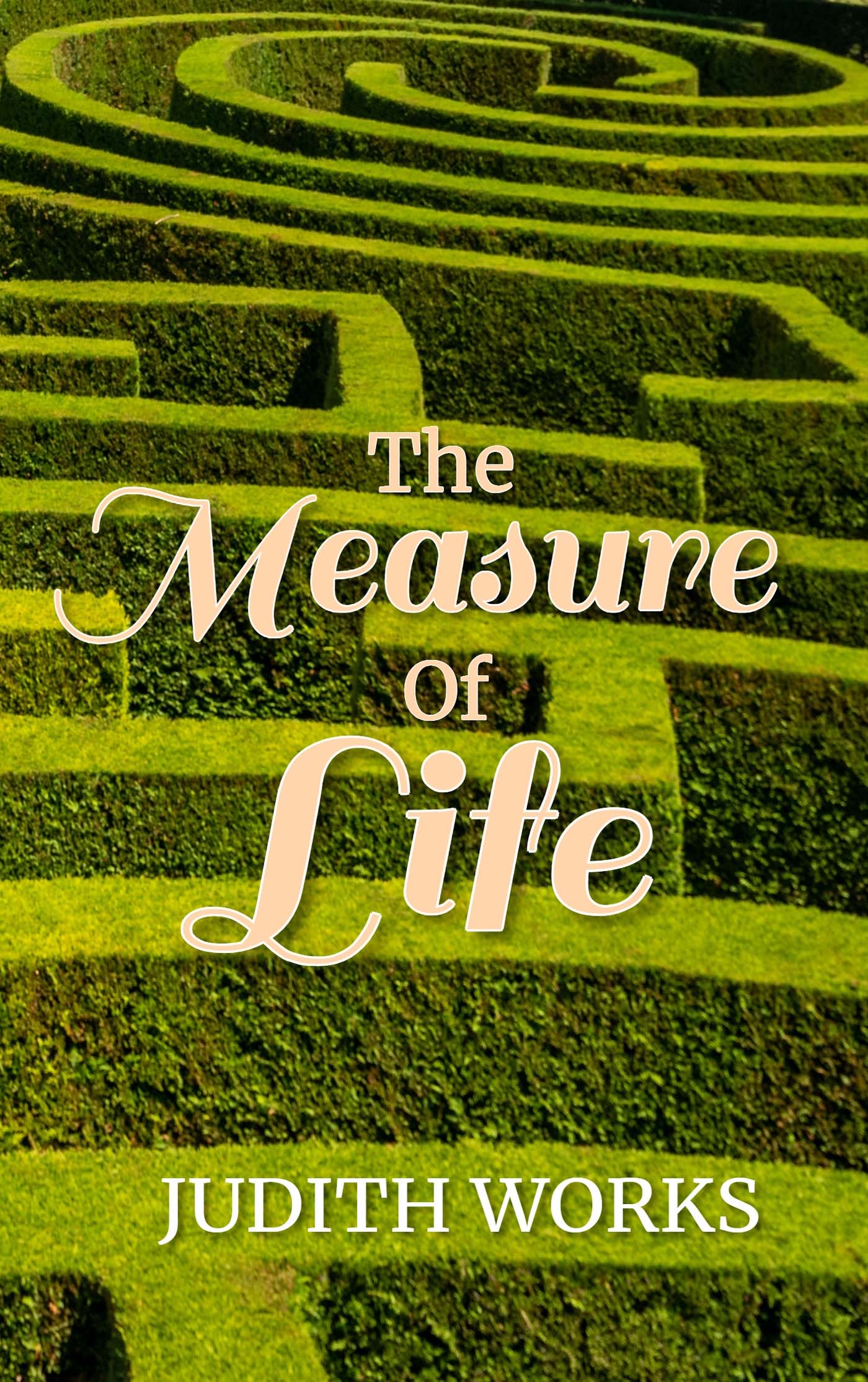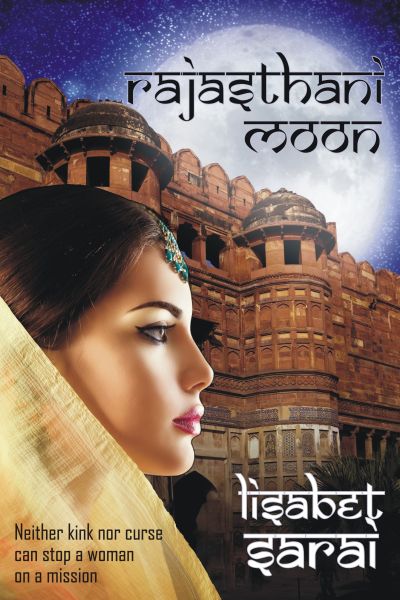
Thanks for joining us on our 14th anniversary scavenger hunt! There are two ways to enter to win and it’s easy to play– first read the blurb below, then answer the question on the first Rafflecopter. You might win a $100 Amazon or Barnes and Noble GC (along with other prizes). Follow and visit authors’ social media pages on the second Rafflecopter and you’re entered to win another $100 Amazon/BN GC (along with other prizes)!
Angelica Delfino takes a special interest in the lives of her three nieces, whom she affectionately calls the daughters of her heart. Sensing that each woman is harboring a troubling, possibly even toxic secret, Angelica decides to share her secrets—secrets she had planned to take to the grave. Spellbound, the nieces listen as Angelica travels back six decades to reveal an incredulous tale of forbidden love, tragic loss, and reinvention. It is the classic immigrant story upended: an Italian widow’s transformative journey amid the most unlikely of circumstances.
Inspired by Angelica’s example, the younger women share their “First World” problems and, in the process, set themselves free.
But one heartbreaking secret remains untold…
Buy the book at Amazon.
Scavenger Hunt:
Social Media:
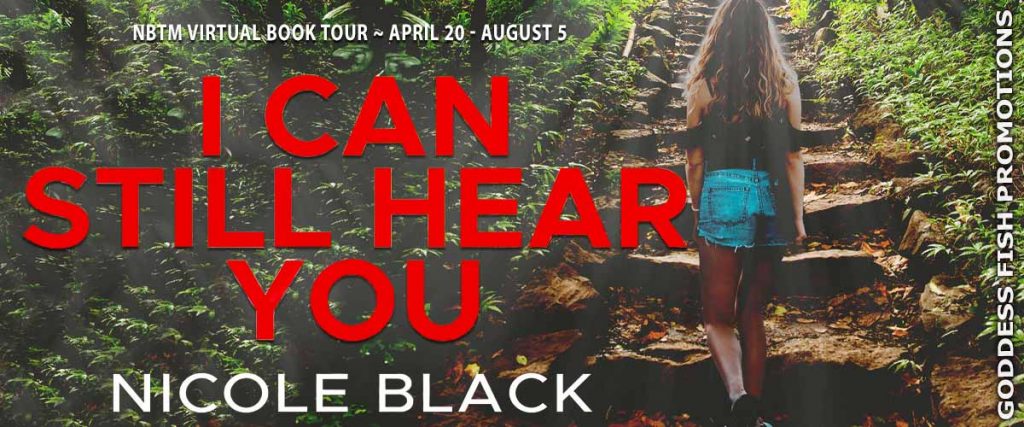
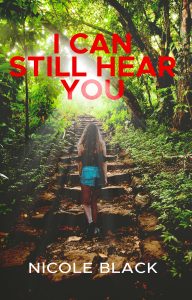 I Can Still Hear You is a powerful and deeply moving story which grapples with the universal pain of grief and the loss of a loved one. When Scarlett O’Connor loses her father at the age of 30, she’s forced to face the shambles that her life has become. With no money and no savings, the only thing that waits for her is a cryptic map and a mysterious letter. With nothing left to lose, she embarks on a trip to Maui for her father’s final adventure, to begin a treasure hunt which will force her to look deep inside herself and come to terms with her pain and grief.
I Can Still Hear You is a powerful and deeply moving story which grapples with the universal pain of grief and the loss of a loved one. When Scarlett O’Connor loses her father at the age of 30, she’s forced to face the shambles that her life has become. With no money and no savings, the only thing that waits for her is a cryptic map and a mysterious letter. With nothing left to lose, she embarks on a trip to Maui for her father’s final adventure, to begin a treasure hunt which will force her to look deep inside herself and come to terms with her pain and grief. Nicole Black is an author, motivational speaker and entrepreneur with a passion for sharing unique stories and helping people grow. For over 20 years, she’s worked in the business world as a corporate trainer in employee productivity and effective growth, where she’s helped some of the biggest brands in hospitality and entertainment grow sustainably through inspiring their employees. She’s been featured on platforms including TEDxWilmington, Jack Canfield Show, Santa Barbara News Press, The George DiGianni show and the Tom Barnard Show.
Nicole Black is an author, motivational speaker and entrepreneur with a passion for sharing unique stories and helping people grow. For over 20 years, she’s worked in the business world as a corporate trainer in employee productivity and effective growth, where she’s helped some of the biggest brands in hospitality and entertainment grow sustainably through inspiring their employees. She’s been featured on platforms including TEDxWilmington, Jack Canfield Show, Santa Barbara News Press, The George DiGianni show and the Tom Barnard Show. 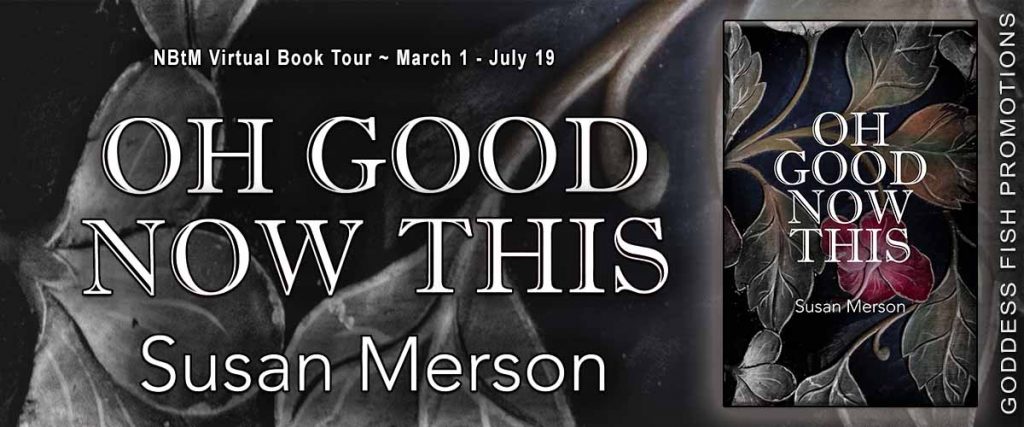
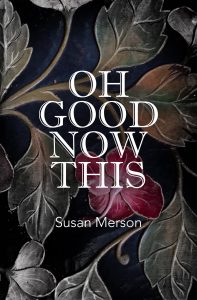 Starting over is hard enough but when ghosts decide to hitch a ride into the future—things can get complicated.
Starting over is hard enough but when ghosts decide to hitch a ride into the future—things can get complicated. Susan Merson began her career as an actress on and off Broadway, in television and film. Co-founding the LA Writers Bloc in 1985 with award winning writer Jane Anderson, she has mentored writers through the Bloc and through her private and university classes in Playwriting, Life Stories, Writing as a Spiritual Practice, Tarot for Writers and the popular VOICING Series. Her short fiction has been featured in The Jew in America, Nice Jewish Girls (Penguin), The Worcester Review, the Chicken Soup series and several other online platforms. As a playwright, her award-winning plays have been performed internationally, including her 8 solo plays featured and used as example in YOUT NAME HERE: An Actor Writers Guide to Solo Performance. (Amazon). Long form fiction available on Amazon is her award-winning blog, WHEN THEY GO AND YOU DO NOT and her first novel DREAMING IN DAYLIGHT. OH GOOD NOW THIS, her newest novel launches 12/1/21. She is a tarot reader and counselor, a maker of quilts, clothing and whimsy. Susan is a humble mother and a proud resident of New York City.
Susan Merson began her career as an actress on and off Broadway, in television and film. Co-founding the LA Writers Bloc in 1985 with award winning writer Jane Anderson, she has mentored writers through the Bloc and through her private and university classes in Playwriting, Life Stories, Writing as a Spiritual Practice, Tarot for Writers and the popular VOICING Series. Her short fiction has been featured in The Jew in America, Nice Jewish Girls (Penguin), The Worcester Review, the Chicken Soup series and several other online platforms. As a playwright, her award-winning plays have been performed internationally, including her 8 solo plays featured and used as example in YOUT NAME HERE: An Actor Writers Guide to Solo Performance. (Amazon). Long form fiction available on Amazon is her award-winning blog, WHEN THEY GO AND YOU DO NOT and her first novel DREAMING IN DAYLIGHT. OH GOOD NOW THIS, her newest novel launches 12/1/21. She is a tarot reader and counselor, a maker of quilts, clothing and whimsy. Susan is a humble mother and a proud resident of New York City. 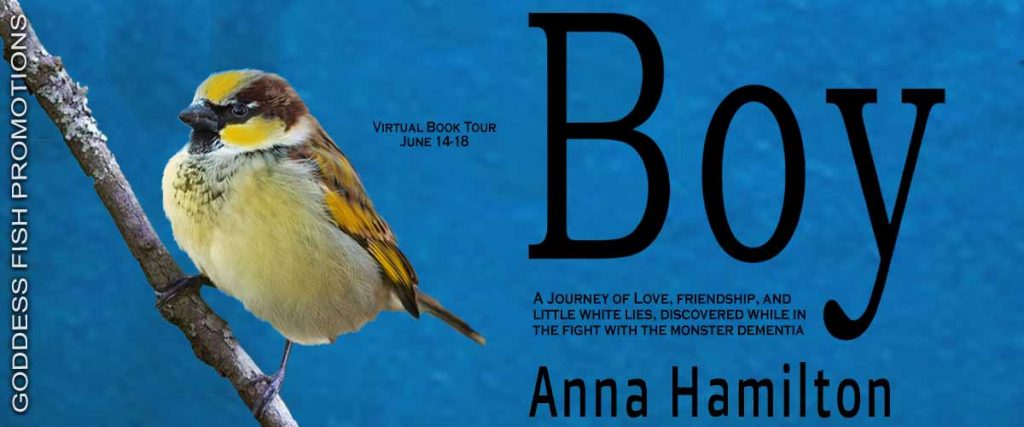
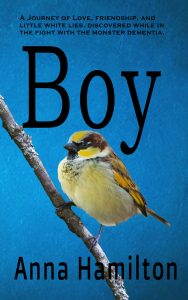 Boy is a story about a few weeks in the lives of Hugh and Betty Roberts, an elderly couple living alone on a family farm in Iowa. They are buried deep in grief over the loss of their only child and struggling to hang on to the only life they have ever known when dementia sneaks in. An unusual visitor brings a welcome distraction and reprieve just before the Thanksgiving holiday.
Boy is a story about a few weeks in the lives of Hugh and Betty Roberts, an elderly couple living alone on a family farm in Iowa. They are buried deep in grief over the loss of their only child and struggling to hang on to the only life they have ever known when dementia sneaks in. An unusual visitor brings a welcome distraction and reprieve just before the Thanksgiving holiday.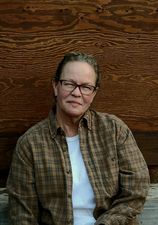 Anna Hamilton (1958- present) was born in Des Moines Iowa. She lives in Northern Minnesota along the Canadian border where she owns and operates a small restaurant in the village of Grand Marais. During the slower winter months she writes, preferring fiction over non-fiction. “Fiction” she says, “is much easier to create because you can be on the outside of a story looking in, rather than on the inside, fighting your way out.” Hence her first novel ‘Boy’.
Anna Hamilton (1958- present) was born in Des Moines Iowa. She lives in Northern Minnesota along the Canadian border where she owns and operates a small restaurant in the village of Grand Marais. During the slower winter months she writes, preferring fiction over non-fiction. “Fiction” she says, “is much easier to create because you can be on the outside of a story looking in, rather than on the inside, fighting your way out.” Hence her first novel ‘Boy’.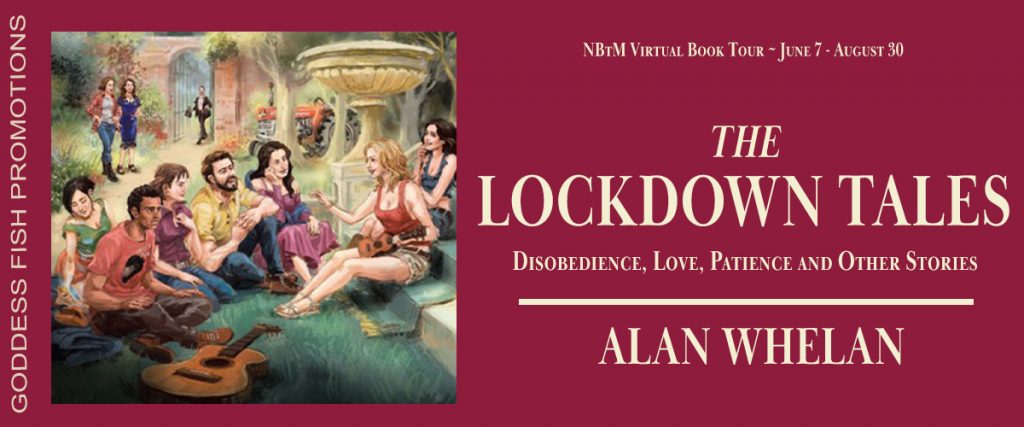
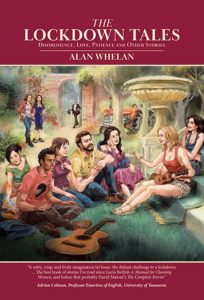 Seven women and three men leave the city to avoid a pandemic. They isolate together in a local farm, where they pass the time working, flirting, eating, drinking, making music and above all telling stories. It happened in Florence in 1351, during the Plague, and gave us Boccaccio’s Decameron.
Seven women and three men leave the city to avoid a pandemic. They isolate together in a local farm, where they pass the time working, flirting, eating, drinking, making music and above all telling stories. It happened in Florence in 1351, during the Plague, and gave us Boccaccio’s Decameron. Alan Whelan lives in the Blue Mountains of NSW, Australia. He’s been a political activist, mainly on homelessness, landlord-tenant issues and unemployment, and a public servant writing social policy for governments. He’s now a free-lance writer, editor and researcher.
Alan Whelan lives in the Blue Mountains of NSW, Australia. He’s been a political activist, mainly on homelessness, landlord-tenant issues and unemployment, and a public servant writing social policy for governments. He’s now a free-lance writer, editor and researcher.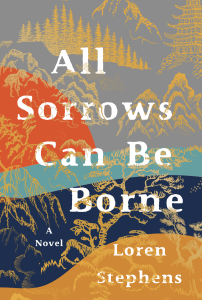 Inspired by true events, ALL SORROWS CAN BE BORNE is the story of Noriko Ito, a Japanese woman faced with unimaginable circumstances that force her to give up her son to save her husband. Set in Hiroshima, Osaka, and the badlands of eastern Montana and spanning the start of World War II to 1982, this breathtaking novel is told primarily in the voice of Noriko, a feisty aspiring actress who fails her audition to enter the Takarazuka Theater Academy. Instead, she takes the “part” of a waitress at a European-style tearoom in Osaka where she meets the mysterious and handsome manager, Ichiro Uchida. They fall in love over music and marry. Soon after Noriko becomes pregnant during their seaside honeymoon, Ichiro is diagnosed with tuberculosis destroying their dreams.
Inspired by true events, ALL SORROWS CAN BE BORNE is the story of Noriko Ito, a Japanese woman faced with unimaginable circumstances that force her to give up her son to save her husband. Set in Hiroshima, Osaka, and the badlands of eastern Montana and spanning the start of World War II to 1982, this breathtaking novel is told primarily in the voice of Noriko, a feisty aspiring actress who fails her audition to enter the Takarazuka Theater Academy. Instead, she takes the “part” of a waitress at a European-style tearoom in Osaka where she meets the mysterious and handsome manager, Ichiro Uchida. They fall in love over music and marry. Soon after Noriko becomes pregnant during their seaside honeymoon, Ichiro is diagnosed with tuberculosis destroying their dreams.  Loren Stephens is a widely published essayist and fiction and nonfiction storyteller. Her work has appeared in the Los Angeles Times, the Chicago Tribune, MacGuffin, the Jewish Women’s Literary Annual, The Forge Literary Magazine, Crack the Spine, Lunch Ticket’s Amuse Bouche series, The Write Launch, The Summerset Review, The Montreal Review, and Tablet travel magazine, to name a few. She is a two-time nominee of the Pushcart Prize and the book Paris Nights: My Year at the Moulin Review, by Cliff Simon with Loren Stephens was named one of the best titles from an independent press by Kirkus Book Reviews. She is president and founder of the ghostwriting companies, Write Wisdom and Bright Star Memoirs. Prior to establishing her company, Loren was a documentary filmmaker. Among her credits are Legacy of the Hollywood Blacklist with on camera narration by Burt Lancaster, produced for PBS and nominated for an Emmy Award; Sojourner Truth: Ain’t I A Woman? produced for Coronet Films and recipient of a Golden Apple from the National Education Association; and Los Pastores: The Shepherd’s Play produced for the Latino Consortium of PBS and recipient of a Cine Gold Eagle and nominated for an Imagen Award. She is a member of the Regional Board of the Anti-Defamation League; a member of its Deborah Awards Committee for Outstanding Women; and a member of Greenlight Women, an organization of women in the entertainment industry who serve as mentors. For more information visit her website.
Loren Stephens is a widely published essayist and fiction and nonfiction storyteller. Her work has appeared in the Los Angeles Times, the Chicago Tribune, MacGuffin, the Jewish Women’s Literary Annual, The Forge Literary Magazine, Crack the Spine, Lunch Ticket’s Amuse Bouche series, The Write Launch, The Summerset Review, The Montreal Review, and Tablet travel magazine, to name a few. She is a two-time nominee of the Pushcart Prize and the book Paris Nights: My Year at the Moulin Review, by Cliff Simon with Loren Stephens was named one of the best titles from an independent press by Kirkus Book Reviews. She is president and founder of the ghostwriting companies, Write Wisdom and Bright Star Memoirs. Prior to establishing her company, Loren was a documentary filmmaker. Among her credits are Legacy of the Hollywood Blacklist with on camera narration by Burt Lancaster, produced for PBS and nominated for an Emmy Award; Sojourner Truth: Ain’t I A Woman? produced for Coronet Films and recipient of a Golden Apple from the National Education Association; and Los Pastores: The Shepherd’s Play produced for the Latino Consortium of PBS and recipient of a Cine Gold Eagle and nominated for an Imagen Award. She is a member of the Regional Board of the Anti-Defamation League; a member of its Deborah Awards Committee for Outstanding Women; and a member of Greenlight Women, an organization of women in the entertainment industry who serve as mentors. For more information visit her website.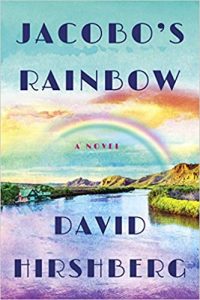 JACOBO’S RAINBOW is set primarily in the nineteen sixties during the convulsive period of the student protest movements and the Vietnam War. It focuses on the issue of being an outsider, an altogether common circumstance that resonates with readers in today’s America. Written from a Jewish perspective, it speaks to universal truths that affect us all.
JACOBO’S RAINBOW is set primarily in the nineteen sixties during the convulsive period of the student protest movements and the Vietnam War. It focuses on the issue of being an outsider, an altogether common circumstance that resonates with readers in today’s America. Written from a Jewish perspective, it speaks to universal truths that affect us all.  David Hirshberg is the pseudonym for an entrepreneur who prefers to keep his business activities separate from his writing endeavors. As an author, he adopted the first name of his father-in-law and the last name of his maternal grandfather, as a tribute to their impact on his life. His first novel, My Mother’s Son was published in 2018 and won nine awards. Reviewers have compared Hirshberg’s writing to Michael Chabon’s and Saul Bellow’s, among others. Learn more at David Hirshberg’s website.
David Hirshberg is the pseudonym for an entrepreneur who prefers to keep his business activities separate from his writing endeavors. As an author, he adopted the first name of his father-in-law and the last name of his maternal grandfather, as a tribute to their impact on his life. His first novel, My Mother’s Son was published in 2018 and won nine awards. Reviewers have compared Hirshberg’s writing to Michael Chabon’s and Saul Bellow’s, among others. Learn more at David Hirshberg’s website.
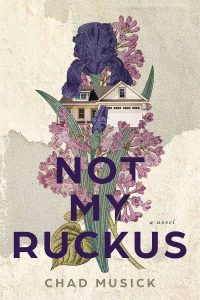 Folks know 14-year-old Clare isn’t normal, even for a tomboy. She runs too much, talks too little, carries a gun too often, and holds a grudge forever. Only her papa’s job at the bank keeps gossip quiet. It’s unwise to risk the cold anger of the man who knows everyone’s secrets.
Folks know 14-year-old Clare isn’t normal, even for a tomboy. She runs too much, talks too little, carries a gun too often, and holds a grudge forever. Only her papa’s job at the bank keeps gossip quiet. It’s unwise to risk the cold anger of the man who knows everyone’s secrets. Chad Musick grew up in Utah, California, Washington, Texas, and (most of all) Alaska. He fell in love in California and then moved with his family to Japan, where he’s found happiness. He earned a PhD in Mathematical Science but loves art and science equally.
Chad Musick grew up in Utah, California, Washington, Texas, and (most of all) Alaska. He fell in love in California and then moved with his family to Japan, where he’s found happiness. He earned a PhD in Mathematical Science but loves art and science equally.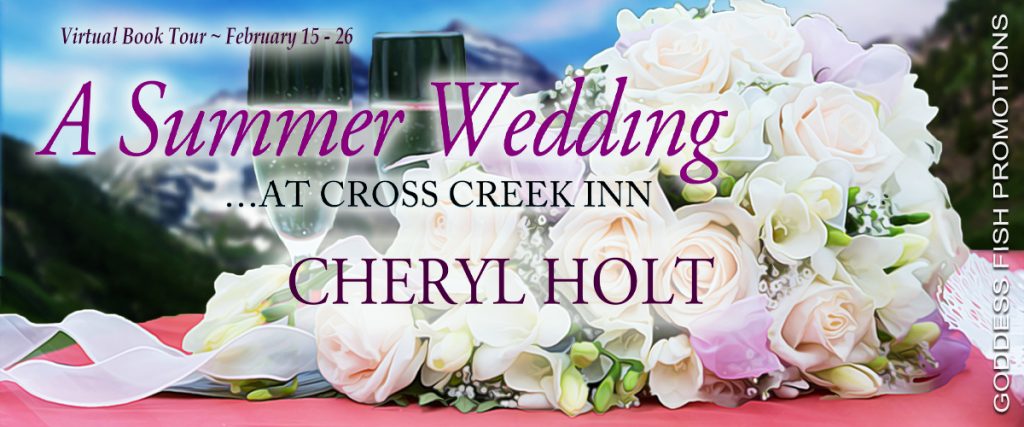
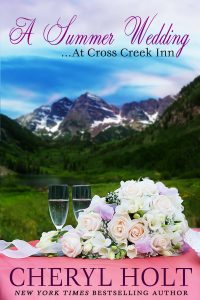 From New York Times bestselling author, Cheryl Holt, comes a sparkling, fast-paced novel about the complexity of family—and all the ways they can drive us crazy.
From New York Times bestselling author, Cheryl Holt, comes a sparkling, fast-paced novel about the complexity of family—and all the ways they can drive us crazy. CHERYL HOLT is a New York Times, USA Today, and Amazon “Top 100” bestselling author who has published over fifty novels.
CHERYL HOLT is a New York Times, USA Today, and Amazon “Top 100” bestselling author who has published over fifty novels. 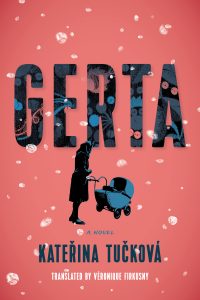
 Kateřina Tučková is a Czech playwright, publicist, biographer, art historian, exhibition curator, and bestselling author of Gerta and The Žítková Goddesses. She has won several literary awards, including the Magnesia Litera Award (for both Gerta and The Žítková Goddesses), the Brno City Award for literature, the Josef Škvorecký Award, and the Czech Bestseller Award. Kateřina is also the recipient of the Freedom, Democracy, and Human Rights Award by the Institute for the Study of Totalitarian Regimes, and of the Premio Libro d’Europa at the Book Fair in Salerno, Italy. Between 2015 and 2018, she was a founder and first president of the Meeting Brno festival, focusing on international and intercultural dialogue. Kateřina Tučková currently lives in Prague and Brno, Czech Republic. Her books have been translated into seventeen languages. Gerta is her first to be translated into English. In December 2020, her novel Bílá Voda will be published in Czech.
Kateřina Tučková is a Czech playwright, publicist, biographer, art historian, exhibition curator, and bestselling author of Gerta and The Žítková Goddesses. She has won several literary awards, including the Magnesia Litera Award (for both Gerta and The Žítková Goddesses), the Brno City Award for literature, the Josef Škvorecký Award, and the Czech Bestseller Award. Kateřina is also the recipient of the Freedom, Democracy, and Human Rights Award by the Institute for the Study of Totalitarian Regimes, and of the Premio Libro d’Europa at the Book Fair in Salerno, Italy. Between 2015 and 2018, she was a founder and first president of the Meeting Brno festival, focusing on international and intercultural dialogue. Kateřina Tučková currently lives in Prague and Brno, Czech Republic. Her books have been translated into seventeen languages. Gerta is her first to be translated into English. In December 2020, her novel Bílá Voda will be published in Czech. 




